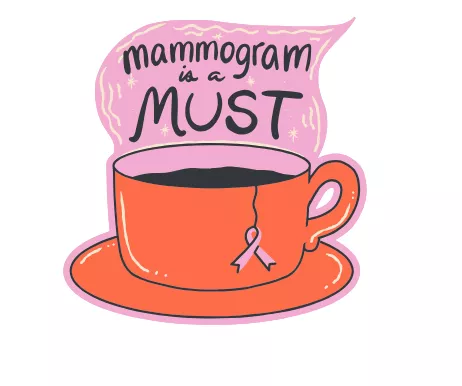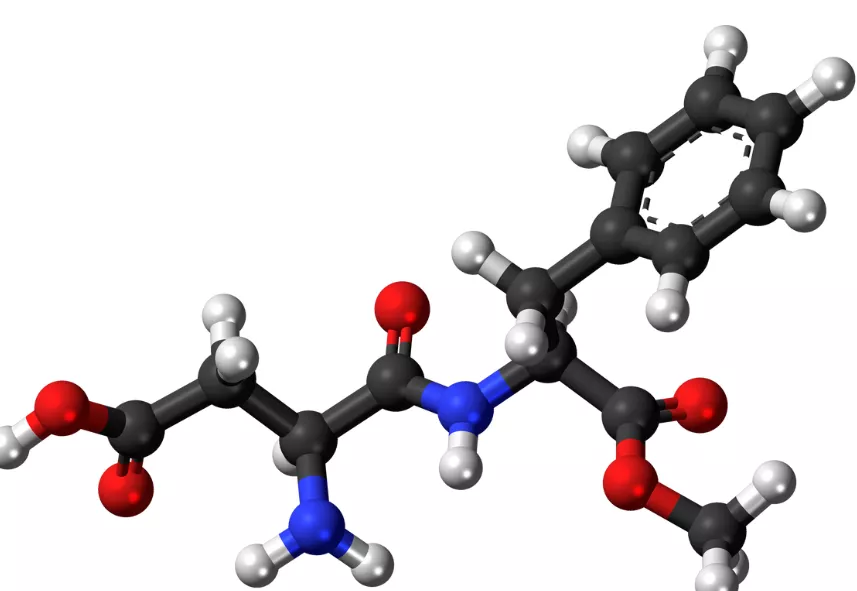Two Events Affecting Women’s Health Challenge Scientific Certainty
June 13, 2024

Last month two reports suggesting major changes in guidelines for women’s health were widely reported and challenged how we think about medical and scientific certainty. The first was new guidelines from the U.S. Preventive Services Task Force (USPSTF) that call for lowering the age that all women should begin having mammograms to detect breast cancer from 50 to 40. The second was a paper in the Journal of the American Medical Association (JAMA) that has been interpreted to mean that younger menopausal women may safely take hormone replacement therapy (HRT) to treat bothersome menopause-related symptoms.
In addition to the profound effects these two developments have on the choices women make to safeguard their health, they once again beg the question of how experts in medical sciences determine the recommendations they make and how those recommendations can change, sometimes dramatically. It is inevitable that people will be confused as expert recommendations change, wondering what to believe.
Controversy About Breast Cancer Screening
In the case of the USPSTF mammography recommendations, there is still significant controversy among experts about when and how often breast cancer screenings should take place. In 2016, the USPSTF came out with new guidelines recommending that mammography start at age 50 and then be done every two years until age 74. On April 30 the task force released new guidelines that based its decision to lower that initiation age to 40 on three new pieces of evidence. But that same evidence is also available to the American College of Radiology, which has for many years recommended starting breast cancer screening at age 40 and then continuing every year after that. And it is also available to the American Cancer Society, which recommends starting at age 45 and then annually.
In making these determinations, experts must weigh risks and benefits of screening. The benefits are clear: early detection of breast cancer can lead to earlier, lifesaving treatment. No one disputes that detecting breast cancer early can save lives. The risks are more nuanced: the more testing that is done, the more chances there are for false positive results, leading to unnecessary biopsies and even unnecessary treatment. Getting a false positive result can induce profound anxiety and stress until the situation is resolved. To balance these risks and benefits, experts use sophisticated statistical modeling that estimates how many additional lives would be saved versus how many false positives would occur at each level of screening. So, for example, all the experts seem to agree that the chances of detecting breast cancer in a 30-year-old person are so low that the benefits of starting mammography at that age do not outweigh the risks.
Yet why do some experts say start at age 40 and others 45 and why do some say screening should be done annually while others say it can be done every other year? And what about people who fall into different risk categories? Black women, for example, who tend to have breast cancers diagnosed later and to have more aggressive cancers, or women who are carriers of the BRCA 1 or 2 genes, a known risk factor for breast cancer? In some cases, separate sets of guidelines exist for people in higher risk categories.
In the end, all experts default to recommending that individual women decide on a personal basis with their healthcare providers what is the best time to start and frequency to have mammograms. But that may be small comfort to both patients and doctors who try to figure out which guideline to follow.
New Data Overhaul Thinking About Hormone Replacement Therapy
The article published in JAMA on May 1 similarly sparks a feeling of unease about how the same data set can be interpreted so differently by different experts and at different times. The article reviewed the results of the National Health Institute-funded Women’s Health Initiative (WHI) studies that looked at the effects of hormone replacement therapy (HRT) for menopausal women. The WHI began recruiting postmenopausal women aged 50 to 79 in 1993 and ultimately enrolled 161,808 participants. In one of its randomized controlled trials, women with a uterus were randomized to receive estrogen plus progesterone versus placebo and in another trial women without a uterus were randomized to receive estrogen alone versus placebo. When the WHI studies began, observational studies had shown an effect of HRT in lowering the risks for heart disease, fractures, and all-cause mortality. It was also believed that HRT might lower the risk for dementia. At the time, nearly 15 million postmenopausal U.S. American women were taking HRT.
Scientists were taken by surprise when results of the WHI studies showed the opposite of what observational studies had indicated. The study of combined estrogen and progesterone versus placebo was stopped in 2002 when a data safety monitoring board determined that not only did HRT increase the risk for breast cancer, but it also increased the risk for heart disease, stroke, and pulmonary embolism. Similarly, the study of estrogen alone versus placebo was stopped in 2004 when again risks seemed to outweigh any benefits. In both studies there was also a suggestion that HRT increased the risk for dementia.
The startling results of the WHI led to a dramatic drop in HRT prescriptions in the U.S. What had been dogma for years—that HRT protected postmenopausal women from a variety of adverse health outcomes and therefore could be recommended without hesitation—suddenly changed to a recommendation that HRT should be avoided. How then did the May 1 JAMA paper overturn this?
In their paper, the authors looked at the results broken down by the ages of the participants. And, as reported by the Washington Post, “The new research found that for many younger menopausal women—typically those under 60—the benefits of the drugs probably outweigh the risks for the short-term treatment of menopausal symptoms, including hot flashes and night sweats.” It turns out that the risks seen with HRT in the WHI studies mostly occurred among older women. Younger women, who are more likely to have bothersome menopausal symptoms like hot flashes, night sweats, insomnia, and mood changes, may be able to safely take HRT safely until about age 60 according to the new analysis. It is not yet clear to what extent clinicians will embrace the implications of the new study and if prescriptions for HRT in women menopausal women aged 50 to 60 will once again become an accepted practice.
In both the instances of when to have a mammogram and whether hormone treatments are safe for at least some women, new emerging data and strategies for looking at the data change expert opinion. None of this is the result of mistakes made in conducting the studies that are involved in making these determinations. They were, for the most part, well-designed and carefully conducted. They also involve thousands of study participants leading to massive amounts of data, which takes time to synthesize and interpret. The more eyes that look at the data, the more opportunities there are for changes in interpretation and conflicting opinions. Inthis confusing arena of change and controversy non-experts must try to grapple, along with their healthcare providers, with some very important decisions. How often should an individual woman have a mammogram? Should a 50-year-old woman with bothersome menopausal symptoms take hormones to treat them?
The best we can do is to try to stay current with guidelines and to understand the basis on which they are formed. We need to be able to have frank and open conversations with healthcare providers to understand how they are understanding the various guidelines and recommendations and to be certain that our doctors are staying up to date with changes in clinical guidelines. But we always must understand that even the most secure-seeming recommendations can change and that there will often be differences of opinions among experts about those changes.
Related Posts

We Need to Maintain Funding for Biomedical Research: Witness CRISPR, CAR-T, and the Dark Genome
Posted in Cancer
We need to maintain federal funding for scientific research. CRISPR, CAR-T, and the Dark Genome are examples of why.

Cancer Screening Does Not Always Extend Life
Posted in Cancer
Is cancer screening beneficial? Does it extend life? The evidence might be less clear than you think.

The Aspartame Saga
Posted in Cancer
Does aspartame cause cancer? An inside look at the recent debate after a WHO committee classified aspartame as a potential carcinogen.